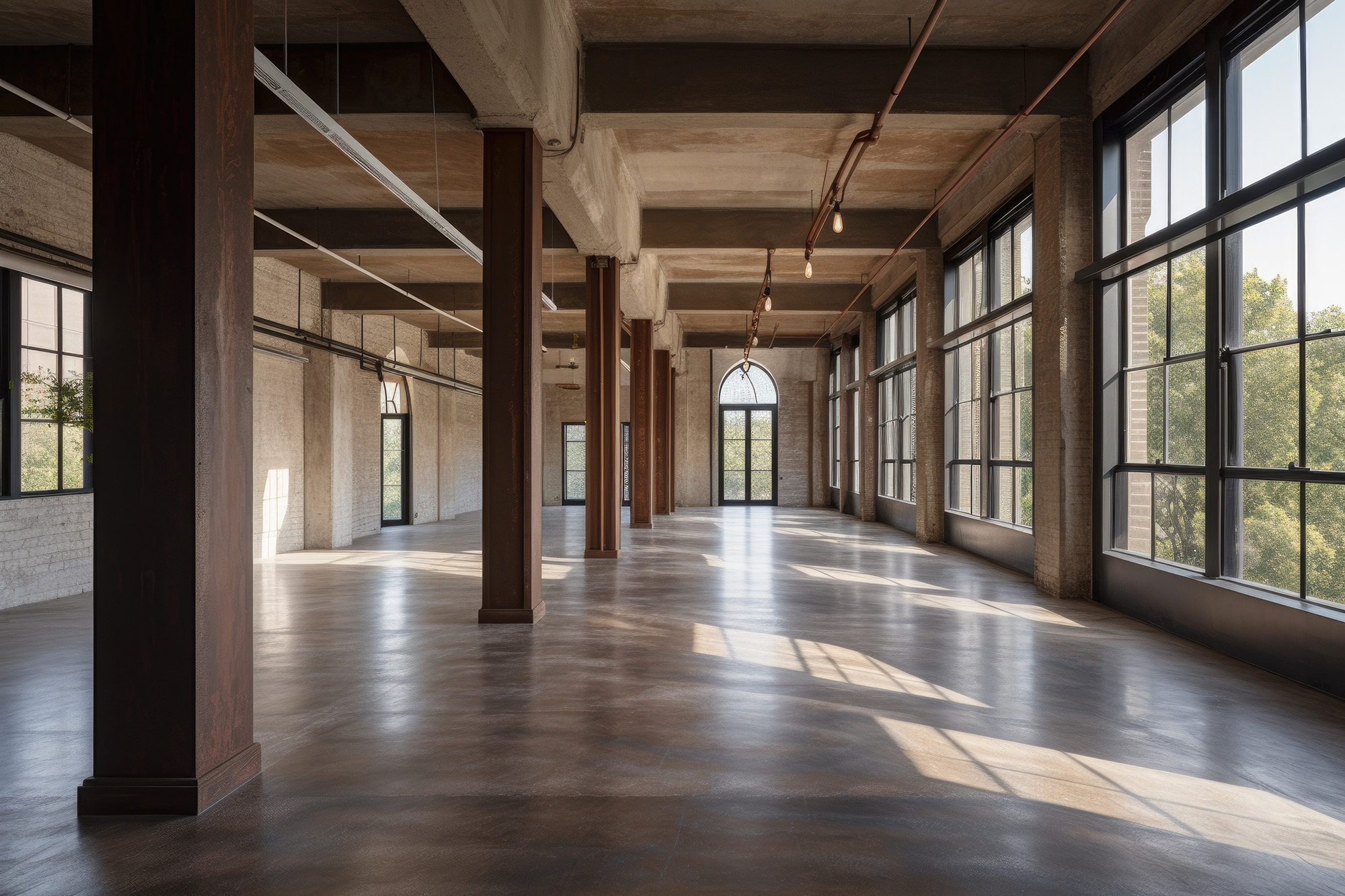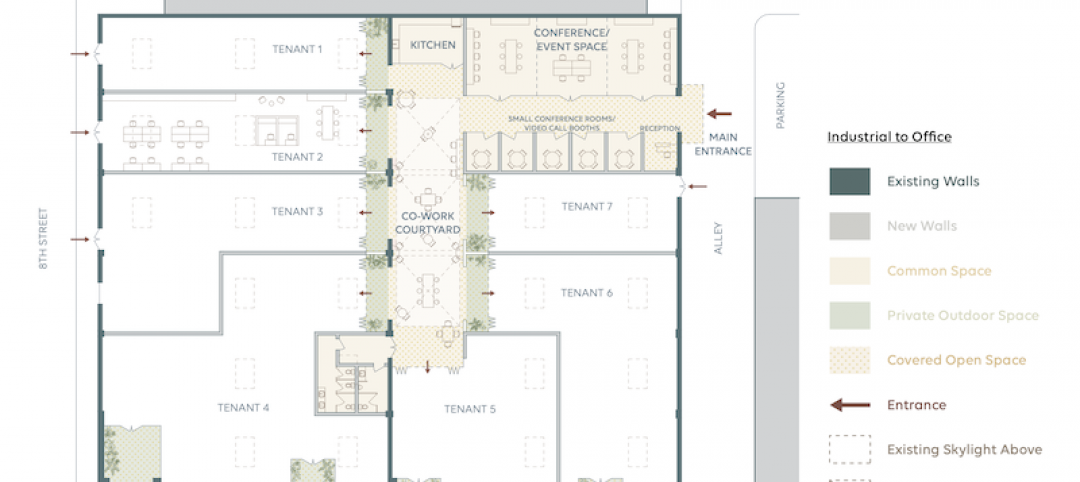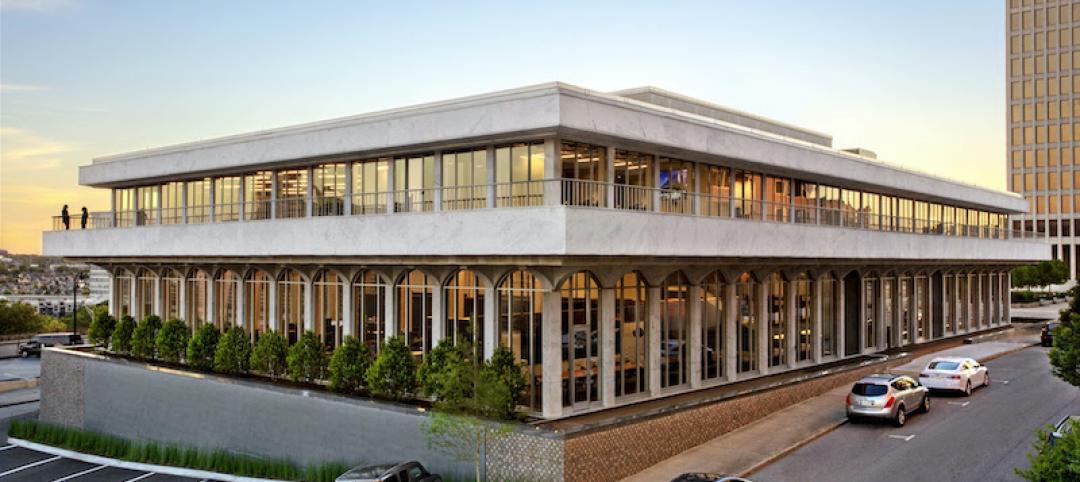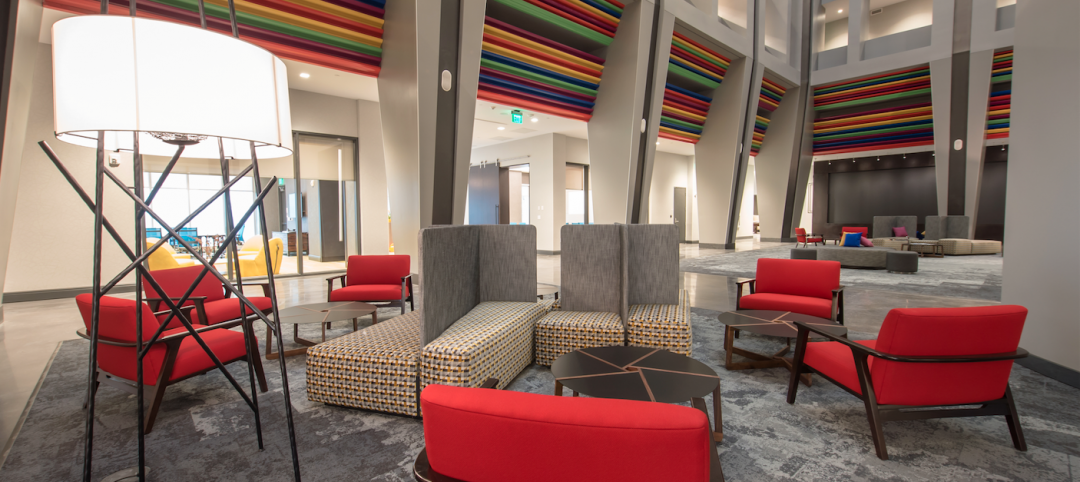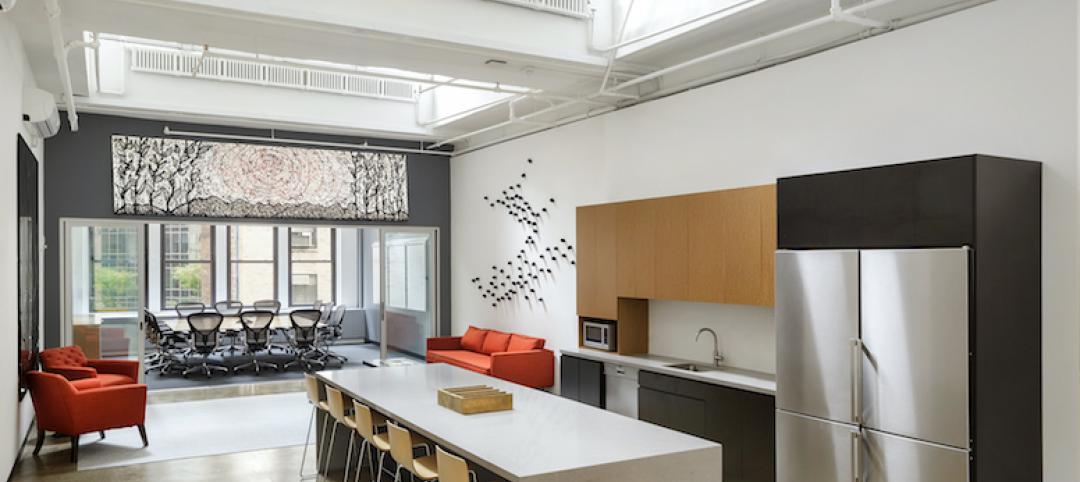Lamar Johnson Collaborative (LJC), a full-service architecture firm headquartered in Chicago, announced the debut of the firm’s Adaptive Reuse Scorecard, a proprietary methodology to quickly analyze the viability of converting vacant office and commercial buildings to other uses, such as hotels and residences.
“Working with existing structures involves complexities that often create a lengthy pre-development process, requiring developers to commit significant resources before they even determine a project is viable,” said Alan Barker, firm principal. “LJC’s Adaptive Reuse Scorecard enables us to assess a potential conversion project much more quickly and earlier in the process, something we anticipate will become even more important given conversations in the industry about the potential of adaptive reuse as a solution for the housing shortage and option for vacant commercial buildings.”
Developed by the firm’s architects, designers, engineers, and development and construction experts with experience in the nuances of adaptive reuse projects, the scorecard focuses on seven categories:
- Development potential
- Building form
- Building systems such as elevator and heat/AC
- Connectivity—walkability, parking and access to public transit
- Amenities and sustainability
- Building skin
- Intangible factors, which include a building’s history, reputation and marketing potential
Adaptive Reuse Scorecard Metrics
A weighted score of one to 100 is assigned to each of these categories, which are then averaged to determine a building’s suitability for adaptive reuse. Projects with a total score above 70% are considered viable candidates for conversion.
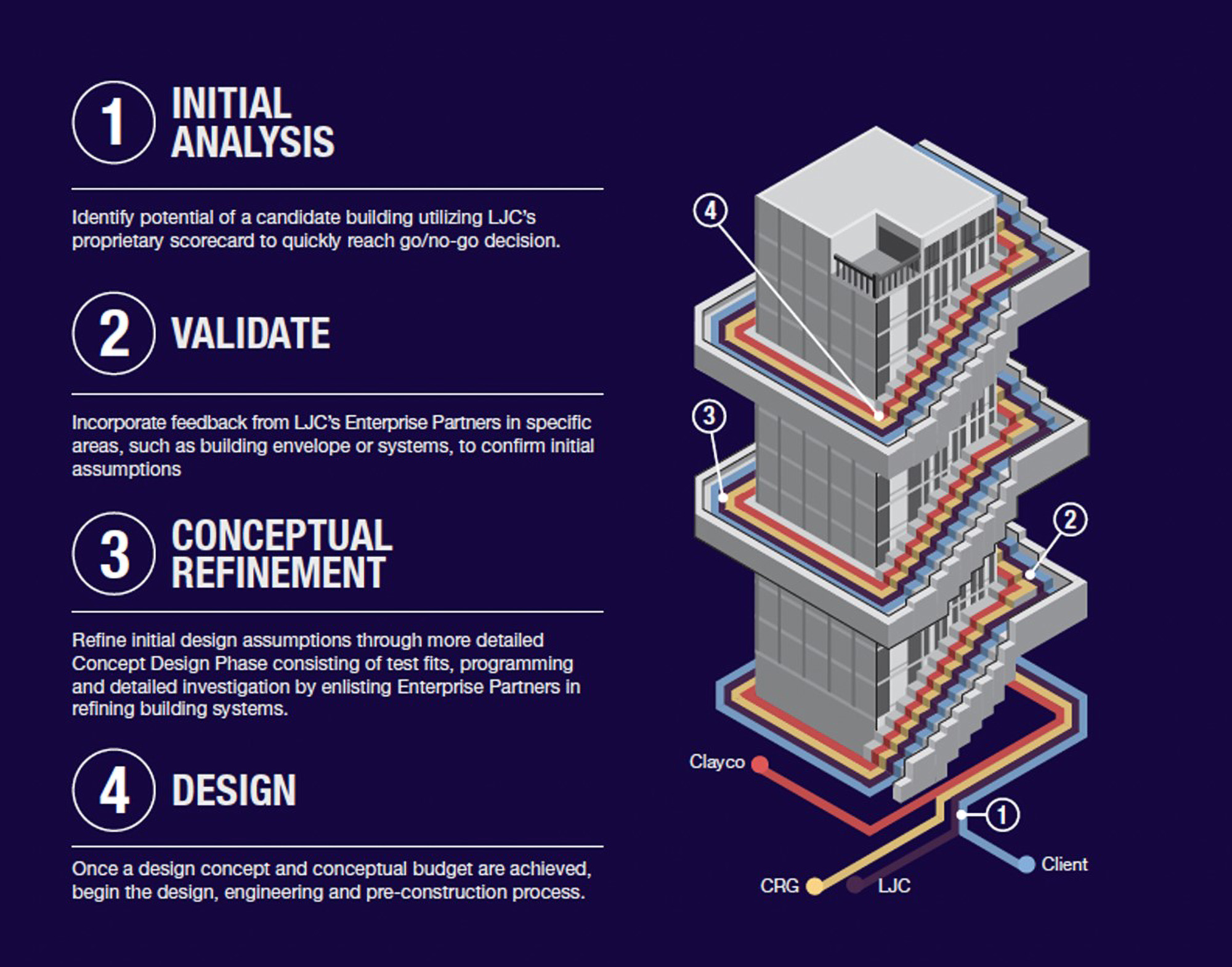
“As a subsidiary of Clayco, LJC is able to tap the expertise of our partner companies to generate insights about a potential project’s design, engineering, construction, glazing system and other factors to quickly create an integrated assessment of a building’s suitability for adaptive reuse,” Barker said. “Given the inherent unpredictability in adaptive reuse projects, clients benefit from this methodology because it provides flexibility, encourages innovation, and enables us to address unforeseen conditions as they arise.”
After further refinement to finalize the design and budget concepts—and with client signoff—the design, engineering, and preconstruction process begins.
With its scorecard beta testing complete using a sampling of buildings in the Chicago and Los Angeles areas, the firm looks forward to working with developers in cities across the country on adaptive reuse candidates. “We anticipate there will be a growing volume of this type of work, and the scorecard will undoubtedly help us to quickly evaluate projects and select those that pencil out financially for our clients,” Barker said.
Firms interested in having a potential conversion project analyzed by LJC using its Adaptive Reuse Scorecard should contact adaptivereuse@theljc.com.
About Lamar Johnson Collaborative
Lamar Johnson Collaborative (LJC) is a Chicago-based full-service design and architecture firm that provides integrated delivery and full turnkey solutions across multiple industries. LJC’s services include architecture, interior design, landscape architecture, planning and urban design, sustainability and technical/quality assurance. The company is a wholly owned subsidiary of Clayco, a full-service, real estate, architecture, engineering, design-build and construction firm. Though LJC works closely with companies in the Clayco family of brands, more than half of its business is with outside developers and general contractors.
Related Stories
Adaptive Reuse | Oct 22, 2020
A Los Angeles design firm reimagines urban workplaces, multifamily buildings, and warehouses
Omgivning conjures varieties of adaptive-reuse concepts.
Adaptive Reuse | Jul 29, 2020
Two Indianapolis schools find new digs in a long-dormant factory
Adaptive reuse preserved many of the building’s original features.
Coronavirus | May 18, 2020
Will empty hotels provide an answer for affordable housing shortage?
A Los Angeles-based startup sees the Midwest as most fertile for adaptive reuse.
Adaptive Reuse | Feb 25, 2020
Hastings Architecture creates its new HQ from a former Nashville Public Library building
The building was originally constructed in 1965.
Mixed-Use | Jul 18, 2019
POST Houston mixed-use development will include a five-acre “skylawn”
OMA is designing the project.
Multifamily Housing | Jun 17, 2019
Boston multifamily development combines a historic warehouse with a new, modern addition
The Architectural Team designed the project.
Adaptive Reuse | Jun 11, 2019
The power and possibility of adaptive reuse
Building reuse generally offers greater environmental savings than demolition or new construction.
Adaptive Reuse | Jul 9, 2018
Work, park, live: Inside Cincinnati’s parking garage turned lifestyle hotel
The Summit hotel and conference center is a converted parking garage that was once a factory.
Office Buildings | Jun 6, 2018
Final Cut: Jupiter Entertainment’s new production studio in New York combines office and editing spaces
The project team completed this full-floor renovation in four months.
Adaptive Reuse | Jun 4, 2018
Pop-up retail market on Chicago’s Randolph Street will be made of repurposed shipping containers
Related Midwest will open the market at 725 W. Randolph St. later this week.



